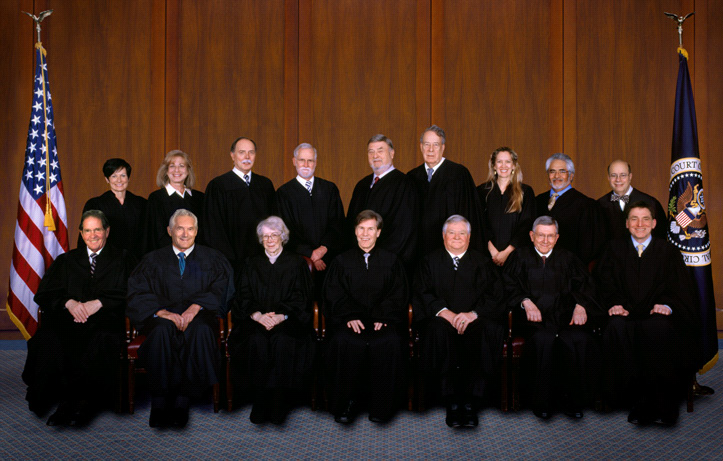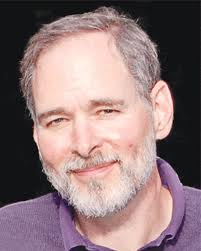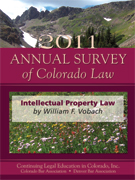Now we know. After years of wondering what the phrase “common sense” encompasses, we finally have a definition from the Federal Circuit. “Common sense” means knowledge so basic that it certainly lies within the skill set of an ordinary artisan. The Federal Circuit stated as much in its recent decision in Mintz v. Dietz & Watson, App. No. 2010-1341 (Fed. Cir. May 30, 2012):
The district court made a clear error, however, in its unsubstantiated reliance on “a common sense view” or “common sense approach” to hold that it would have been “obvious to try” a locking engagement. The mere recitation of the words “common sense” without any support adds nothing to the obviousness equation. Within the statutory test to determine if a claimed invention has advanced its technical art field enough to warrant an exclusive right, “common sense” is a shorthand label for knowledge so basic that it certainly lies within the skill set of an ordinary artisan. With little more than an invocation of the words “common sense” (without any record support showing that this knowledge would reside in the ordinarily skilled artisan), the district court over-reached in its determination of obviousness.
At this juncture, the district court’s reliance on the perspective of an artisan in the knitting arts is especially problematic. The basic knowledge (common sense) of a knitting artisan is likely to be different from the basic knowledge in the possession of a meat encasement artisan. Moreover, the district court emphasized that the problem in the prior art was merely forming a checker-board or grid-like pattern. To be specific, the district court erroneously phrased the issue as whether it would have been obvious to simply “fix each point of intersection” of each strand in order to solve that problem.
Mintz v. Dietz & Watson, App. No. 2010-1341 (Fed. Cir. May 30, 2012).
Interestingly, the Federal Circuit asserts this definition of “common sense” without citing any authority for the definition. Indeed, in prior opinions of the CAFC or CCPA, the terms “common sense” and “common knowledge” (or “basic knowledge”) have been recited separately — thus, implying that they were not the same thing. For example, the KSR guidelines refer to: In re Bozek, 416 F.2d 1385, 1390 (CCPA 1969) (explaining that a patent examiner may rely on ‘‘common knowledge and common sense of the person of ordinary skill in the art without any specific hint or suggestion in a particular reference’’) and In re Zurko, 258 F.3d 1379, 1383, 1385 (Fed. Cir. 2001) (clarifying that a factual foundation is needed in order for an examiner to invoke ‘‘good common sense’’ in a case in which ‘‘basic knowledge and common sense was not based on any evidence in the record’’). Don’t get me wrong, though. I like the court’s definition of “common sense.”
From a patent examination/prosecution standpoint, I find the association of “common sense” with an ordinary artisan (as opposed to the generality of mankind, regardless of their area of expertise) to be interesting. Presumably, the PTO should require an examiner who is relying on “common sense” in a rejection to: (1) recite who one of ordinary skill in the art is; and, either (2a) affirm that the examiner possesses basic knowledge in that art; or (2b) provide factual evidence showing what is basic knowledge in that art. As is the case already under the KSR Guidelines, a bald assertion of “common sense” by itself would be insufficient.
If you were wondering how long it has been since the Supreme Court referred to “common sense” in its KSR v. Teleflex decision, it has only been five years (April 2007).
If you were wondering if the issue of “common sense” was addressed during the Federal Circuit oral argument — it was not.
You can read the Mintz opinion here: [Link].


